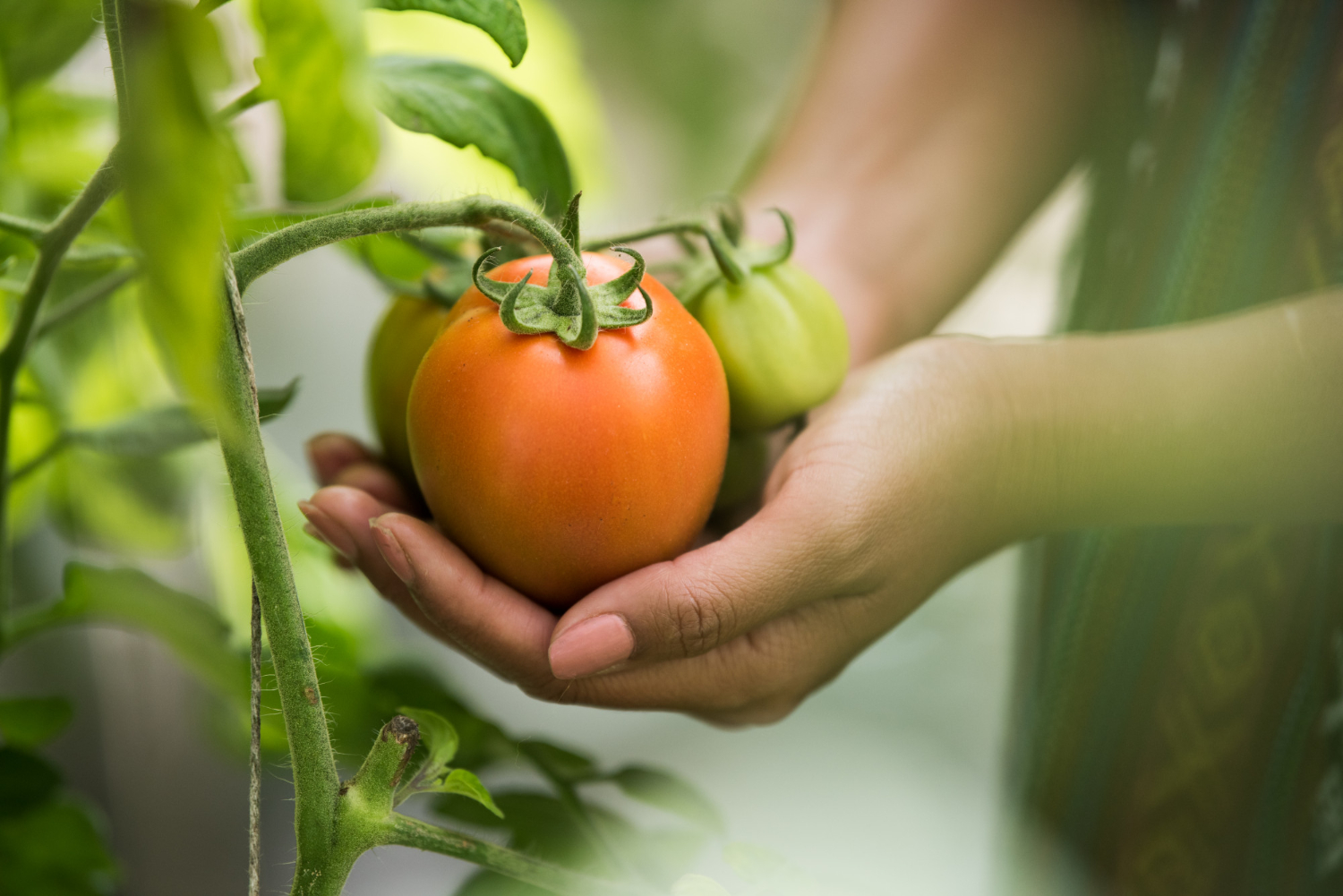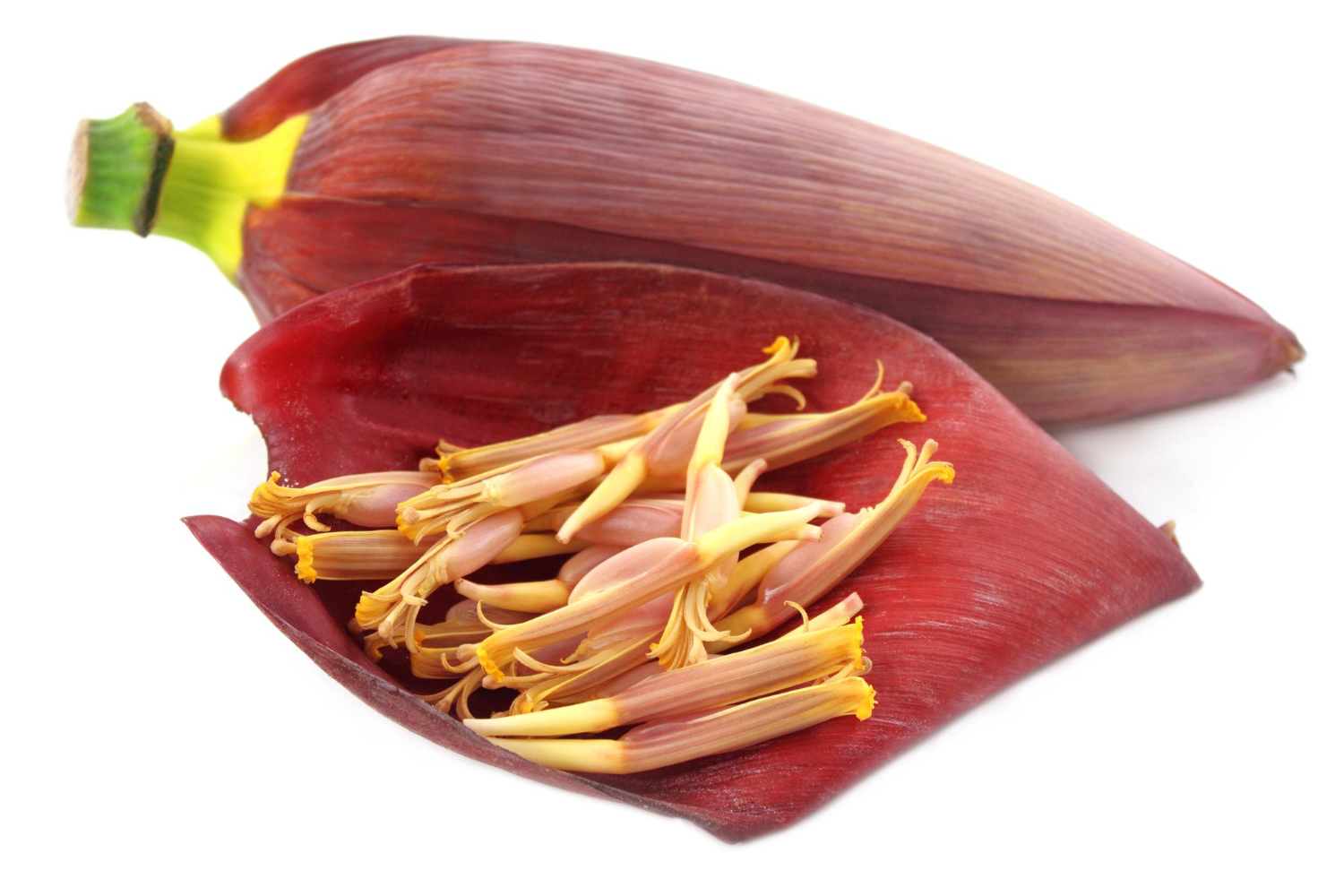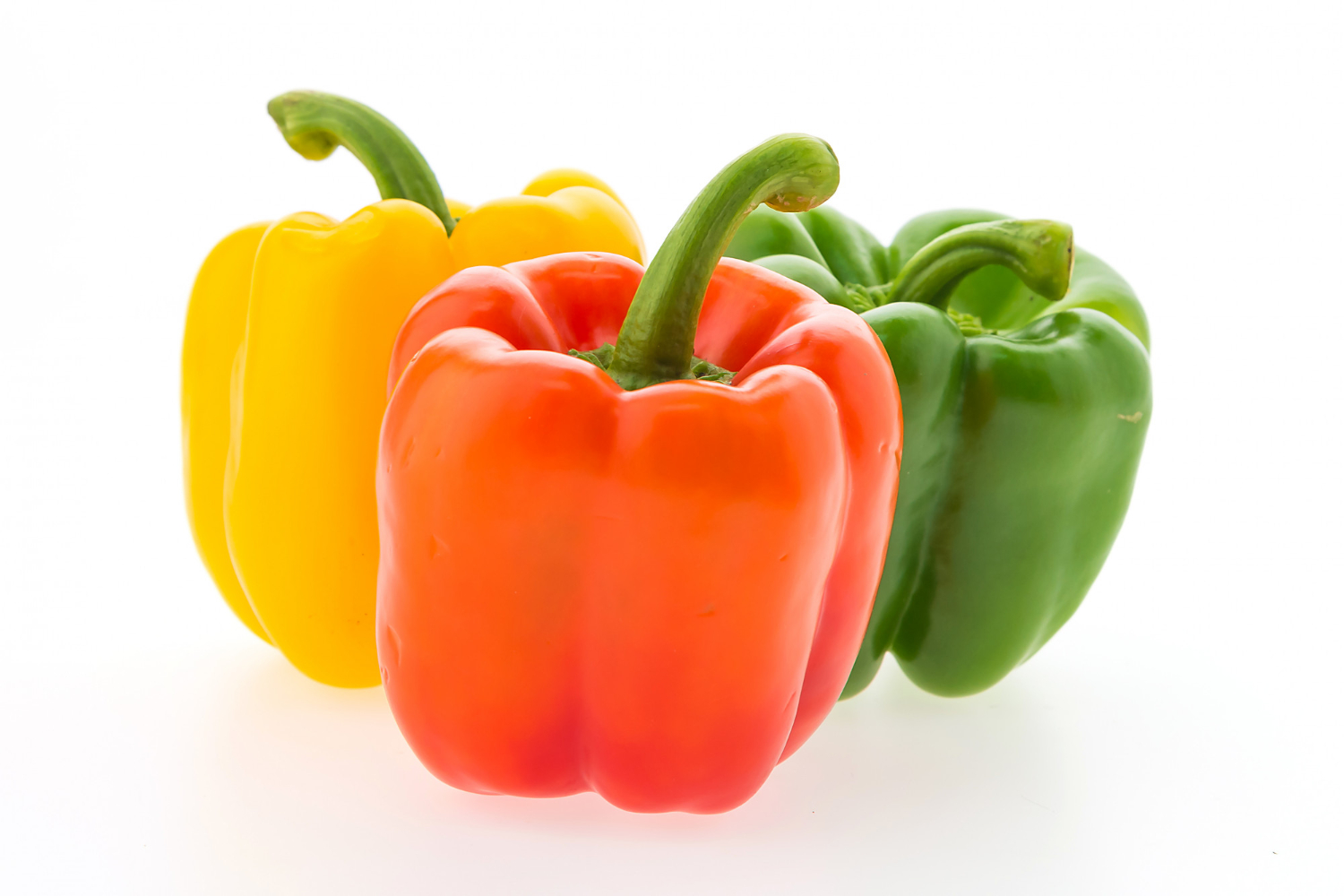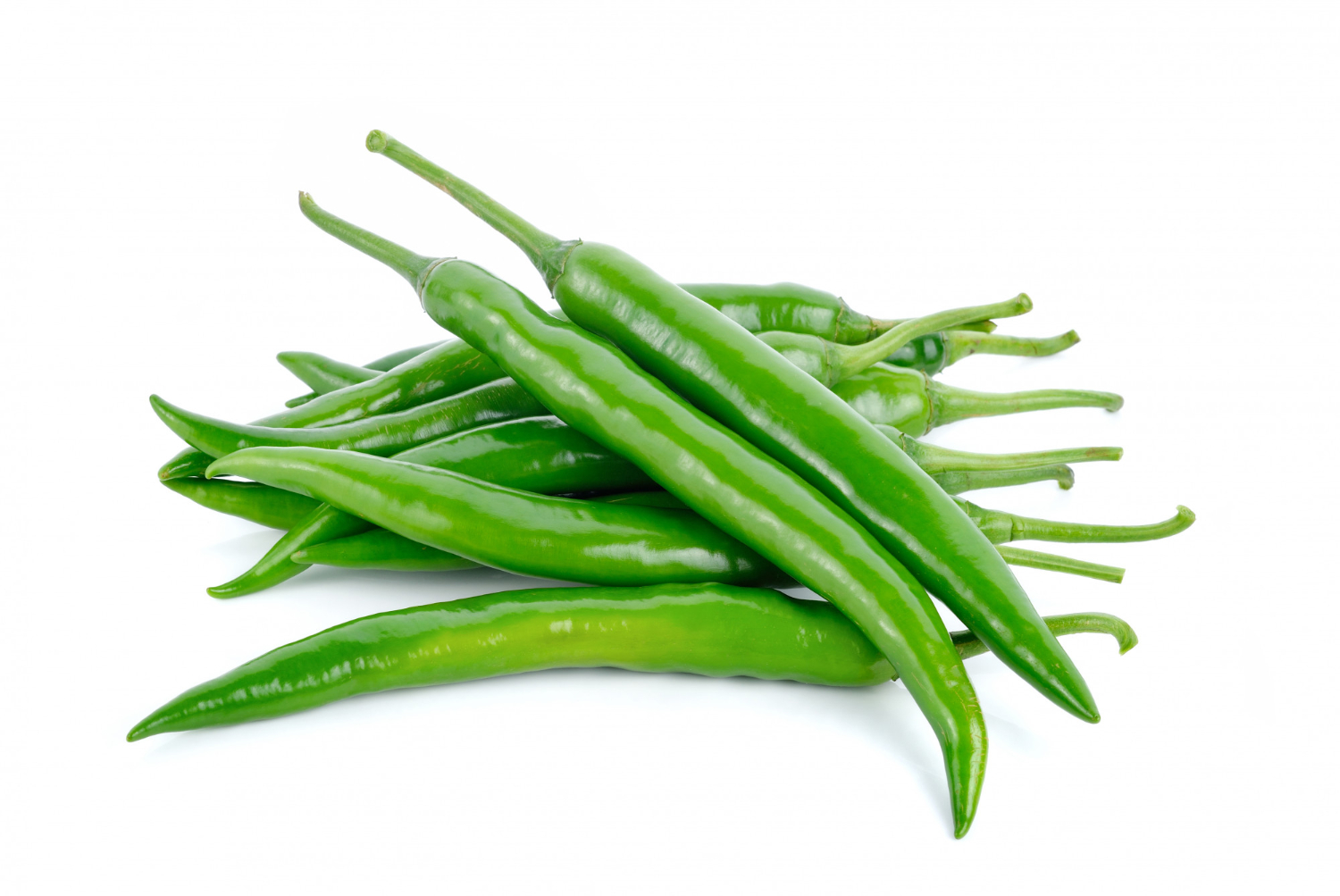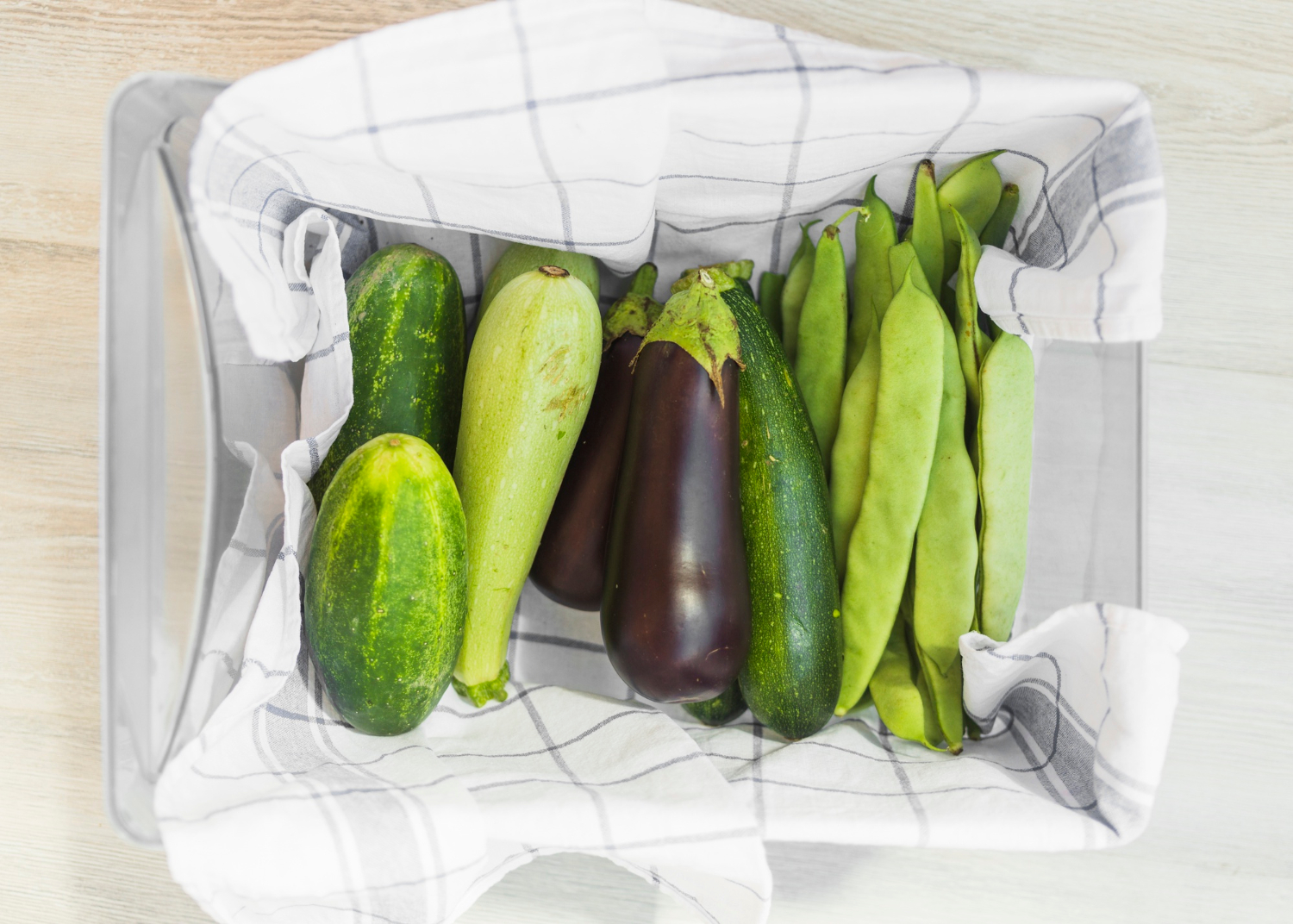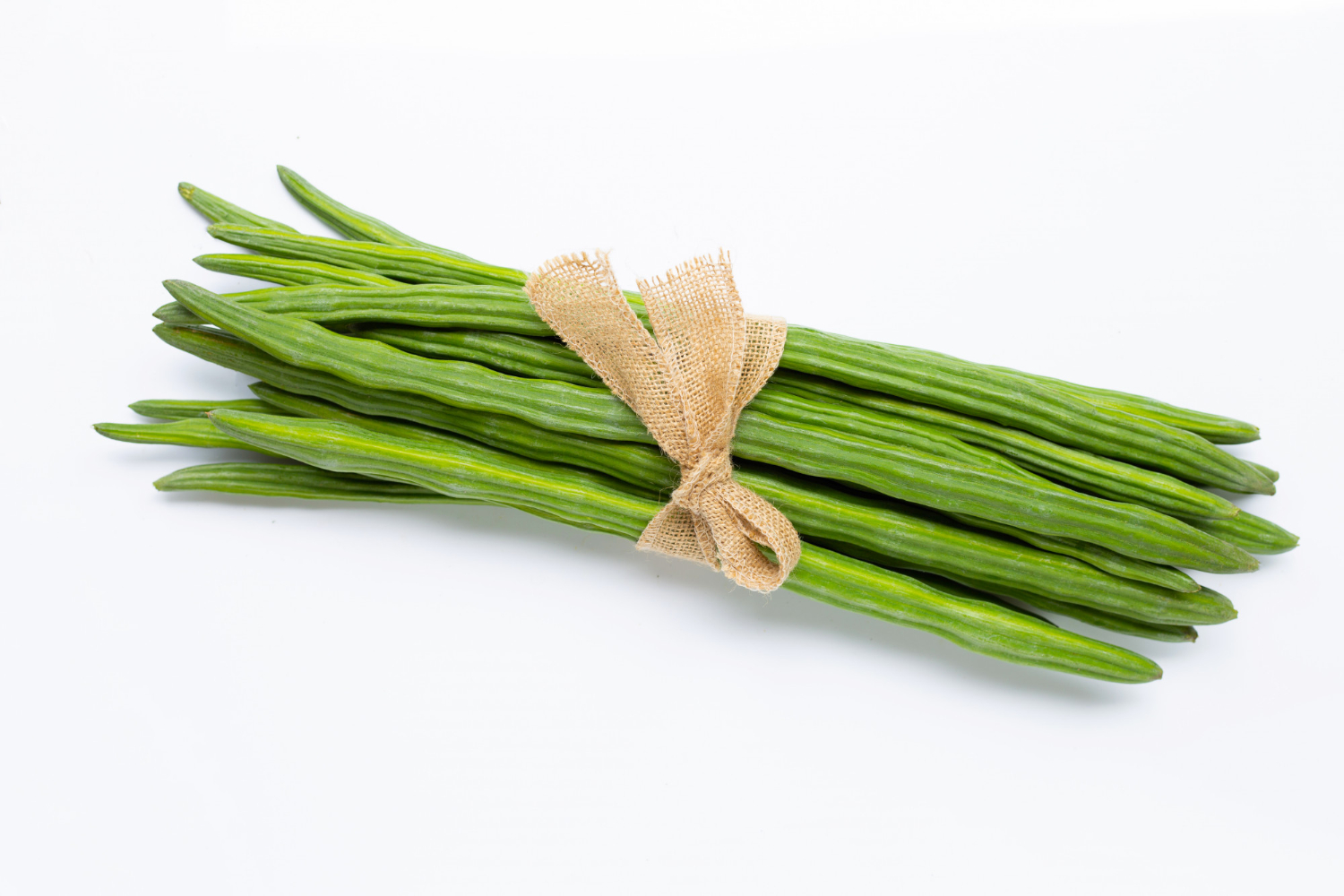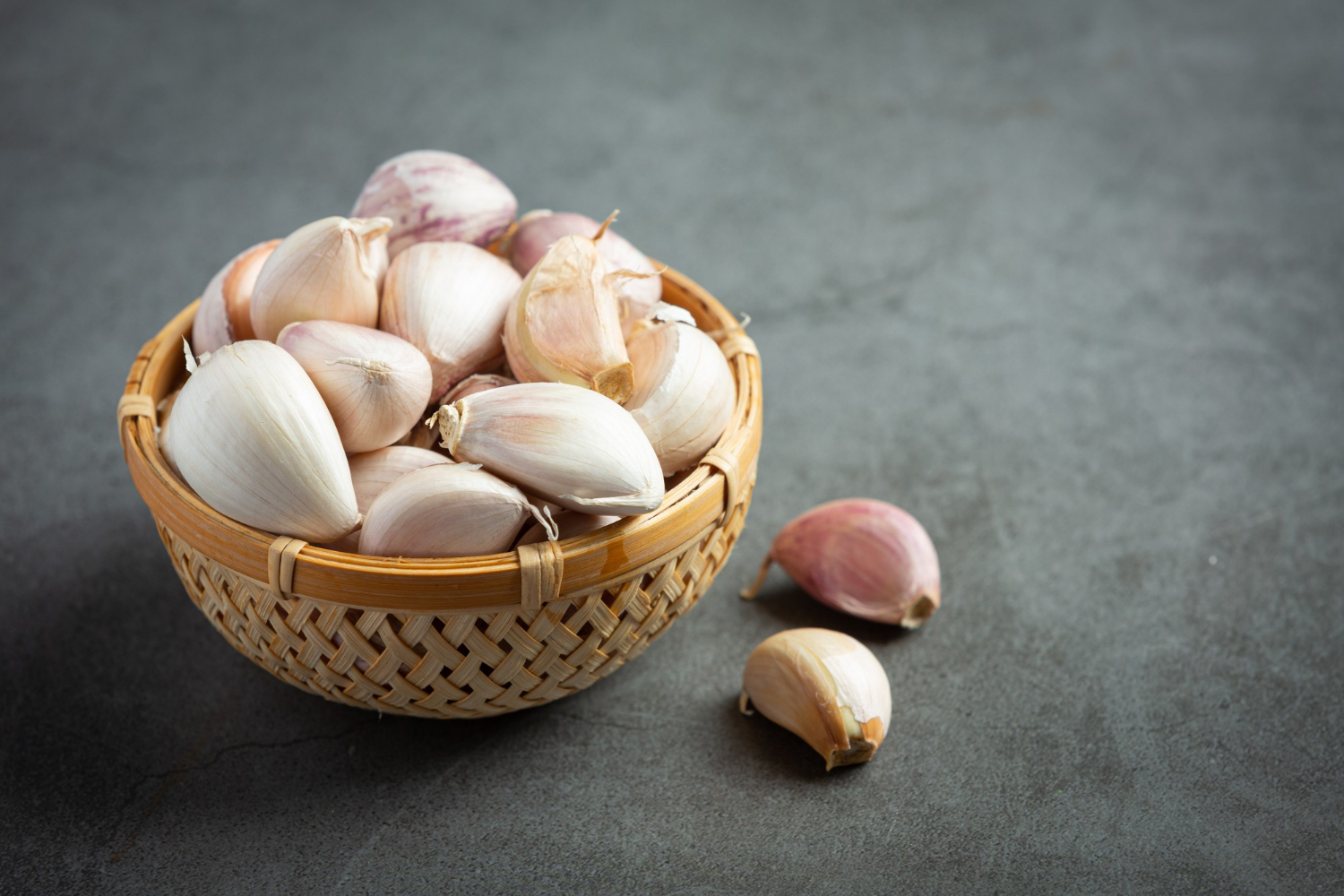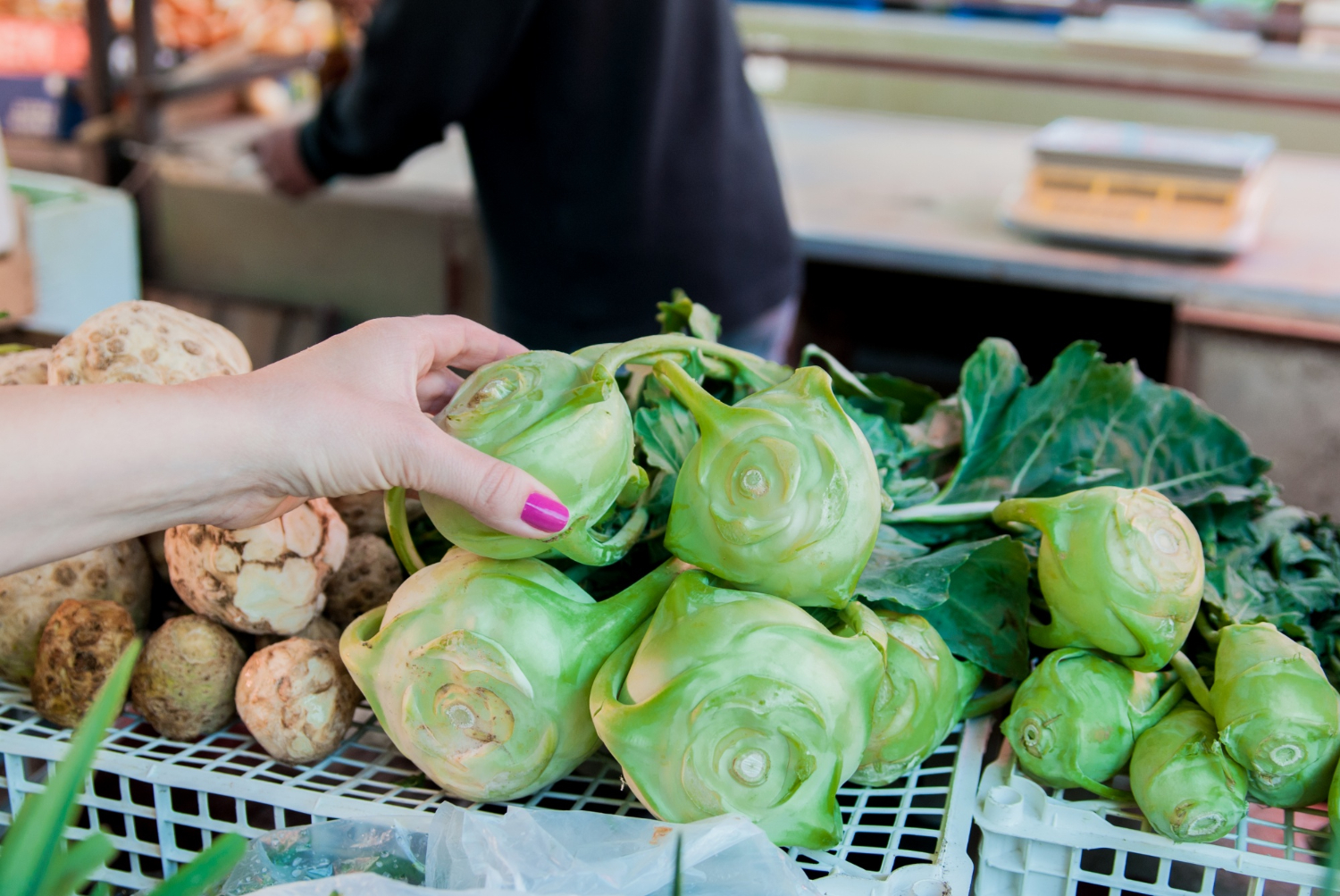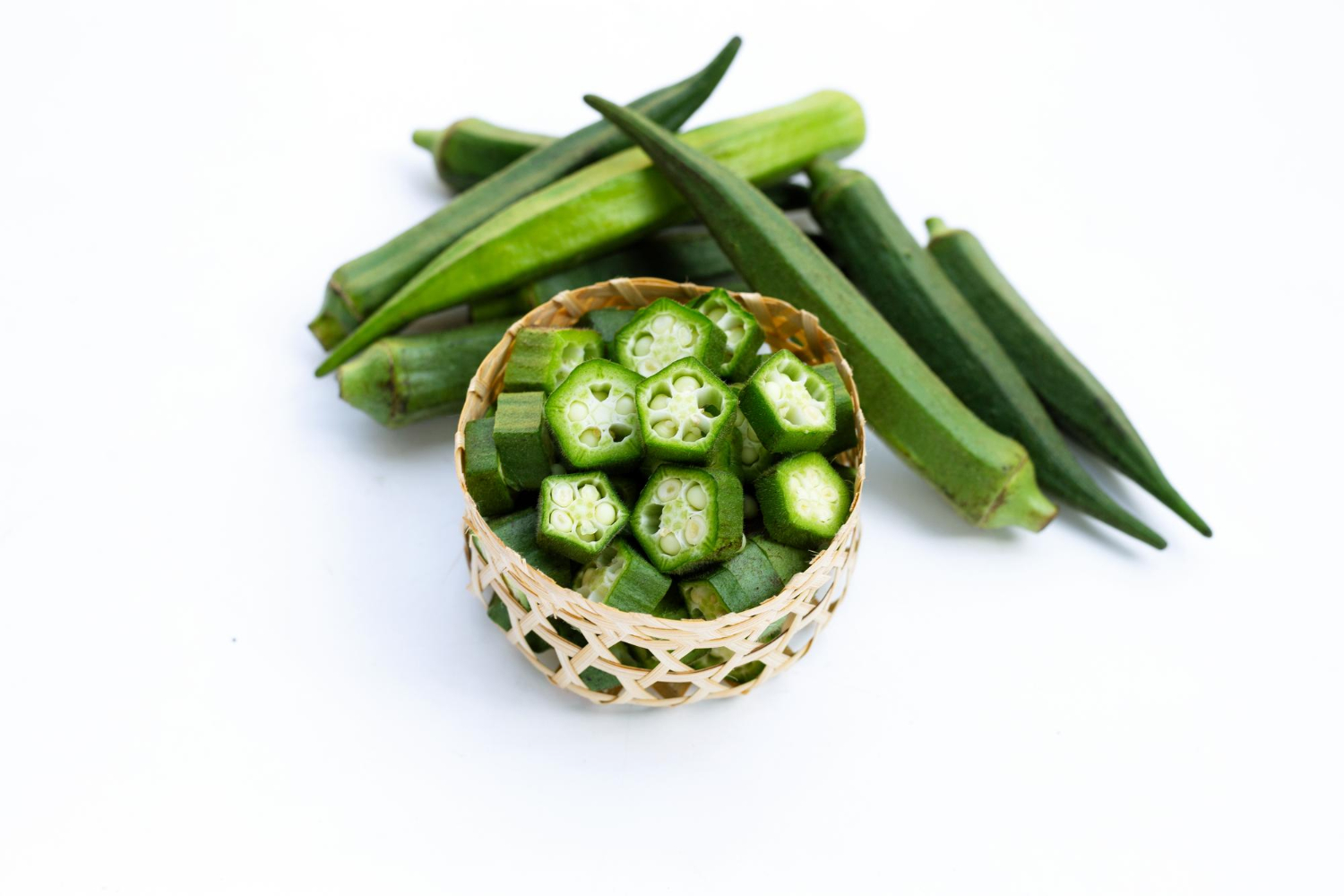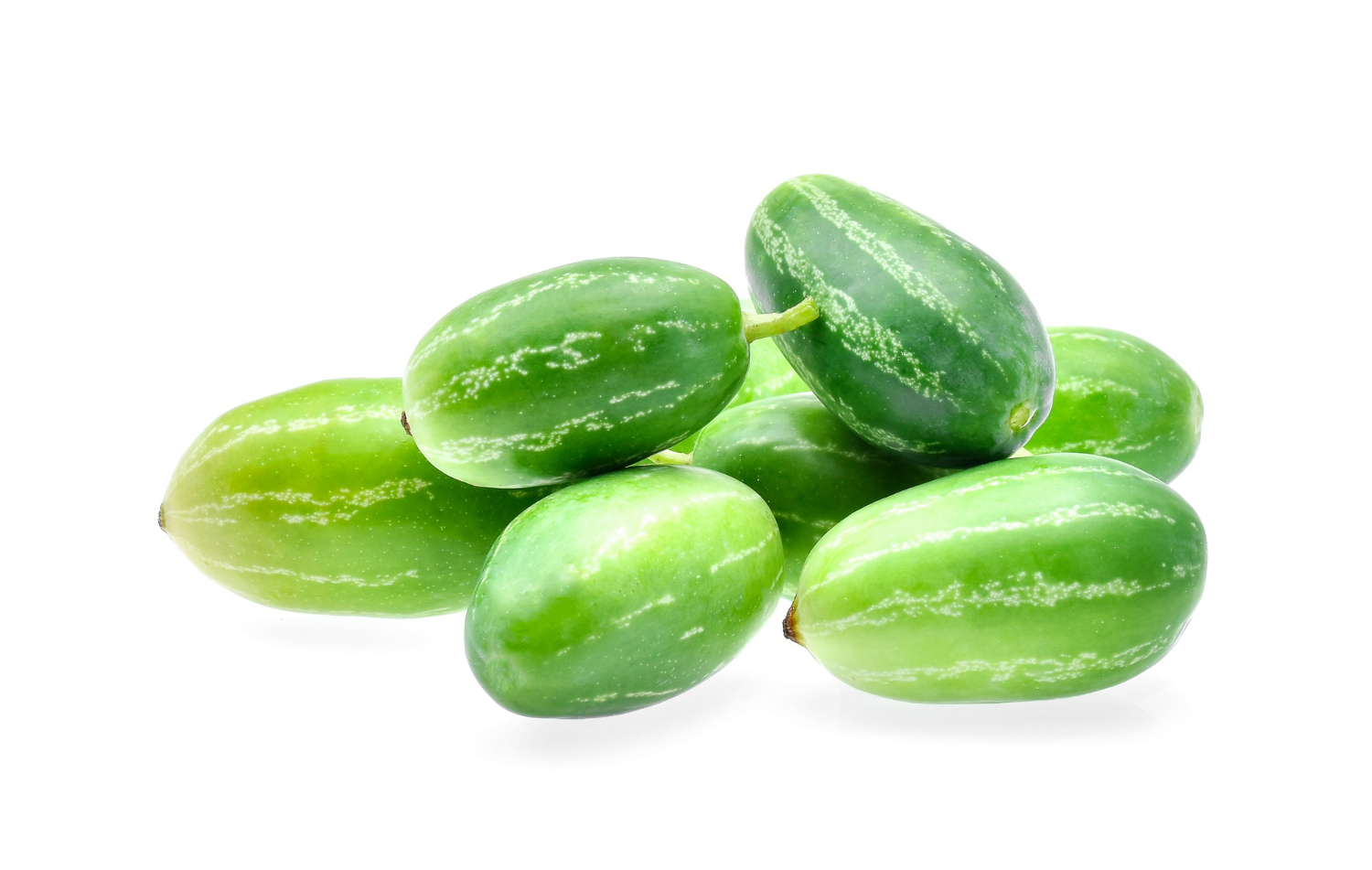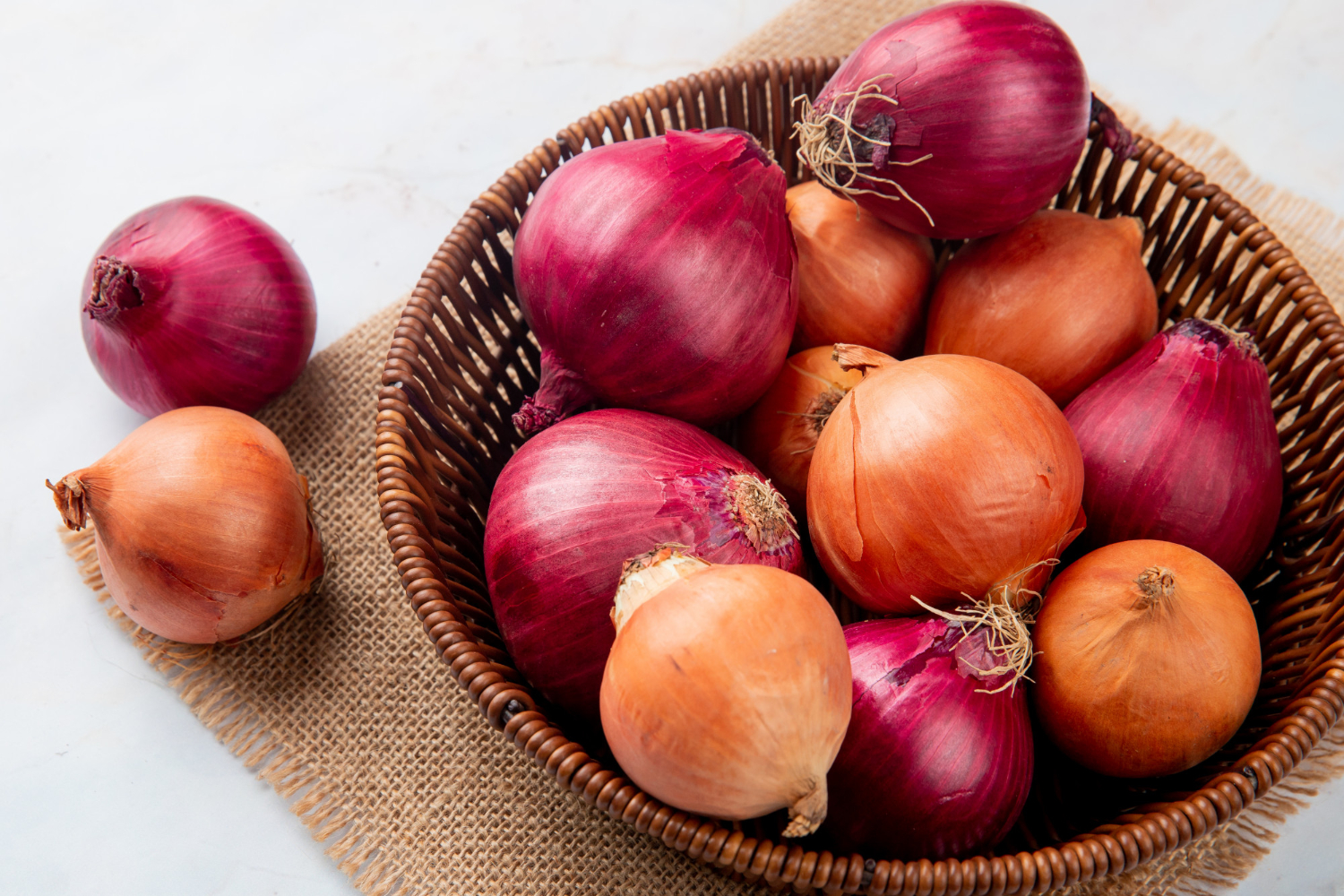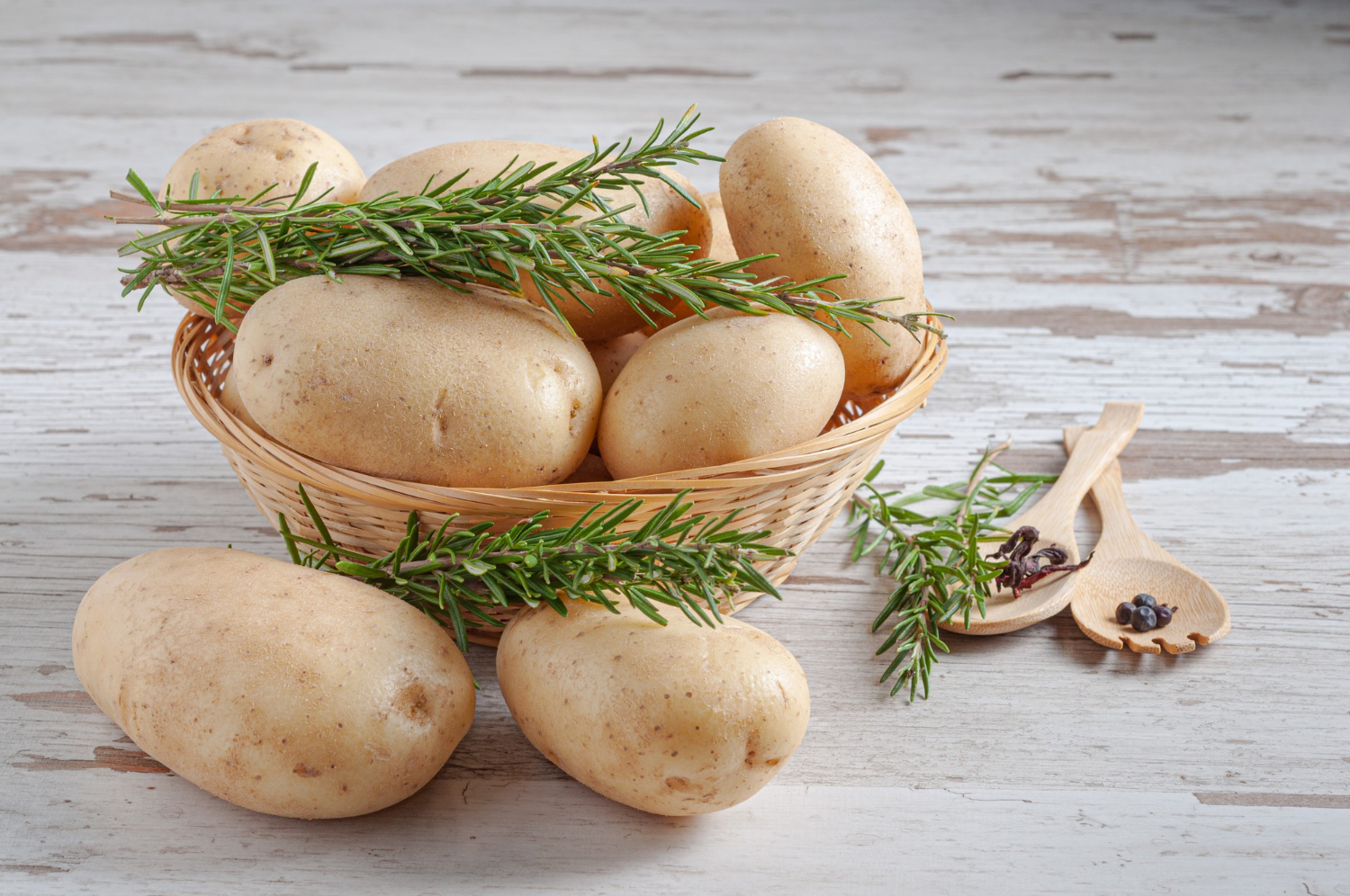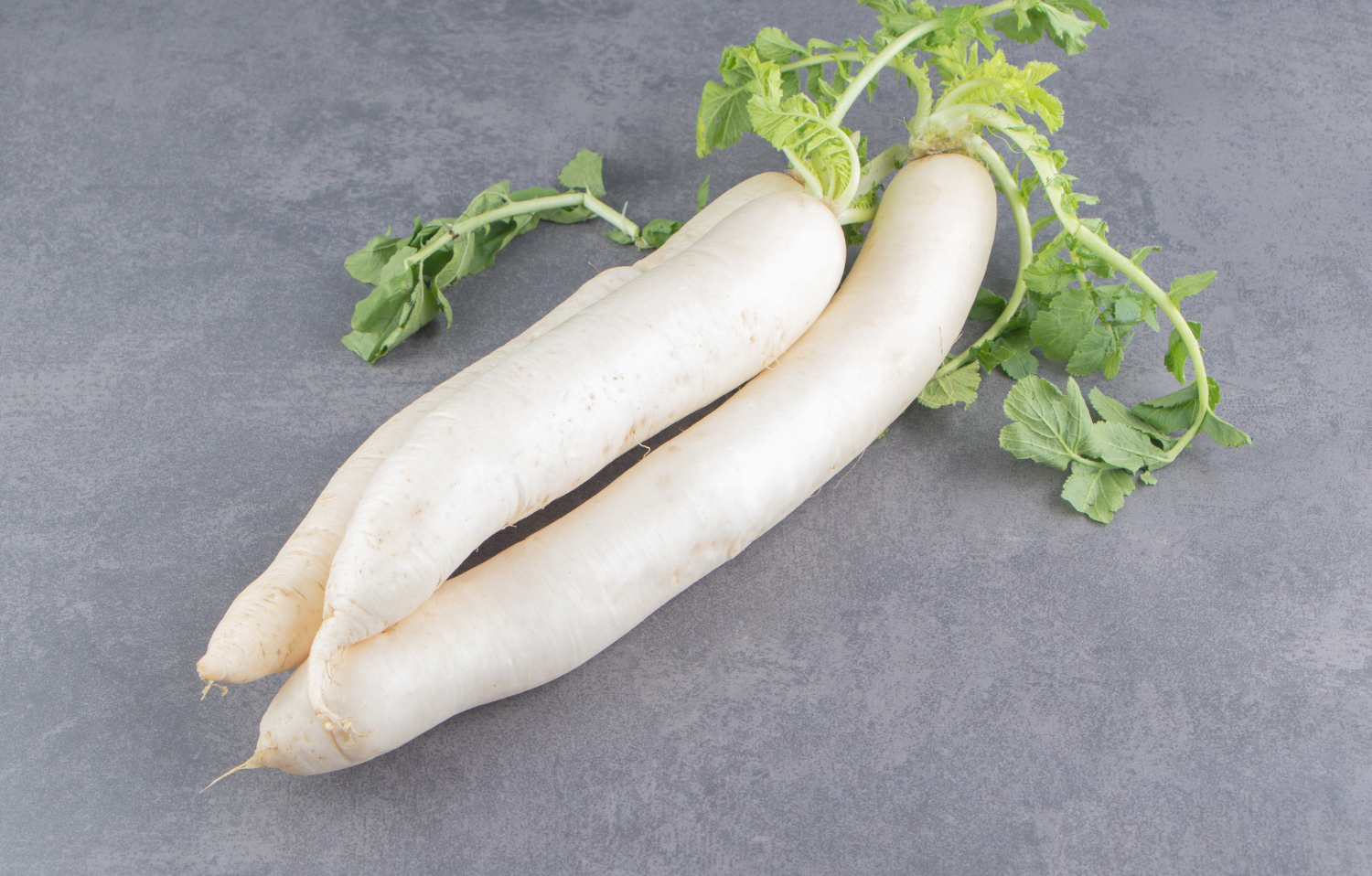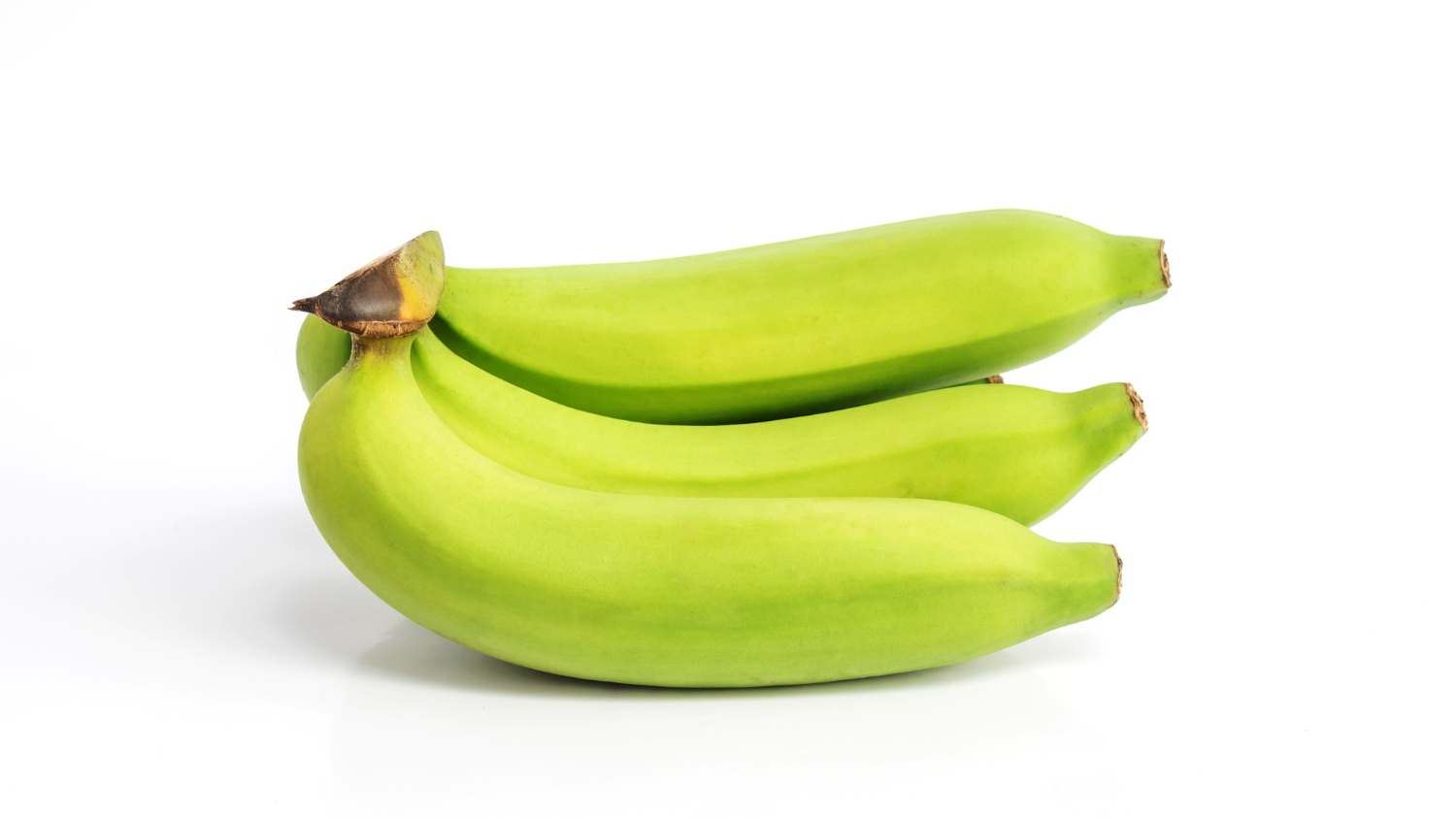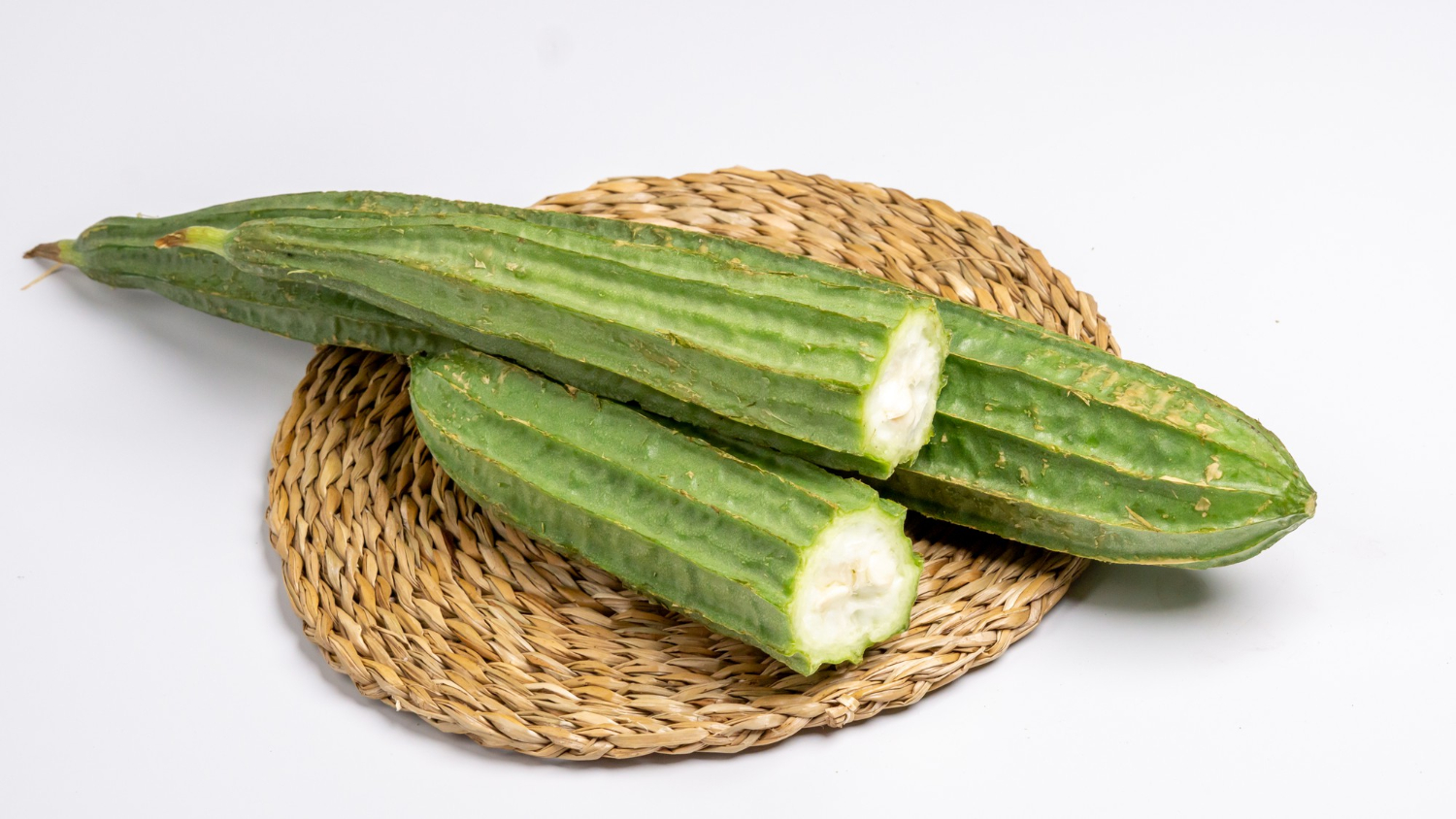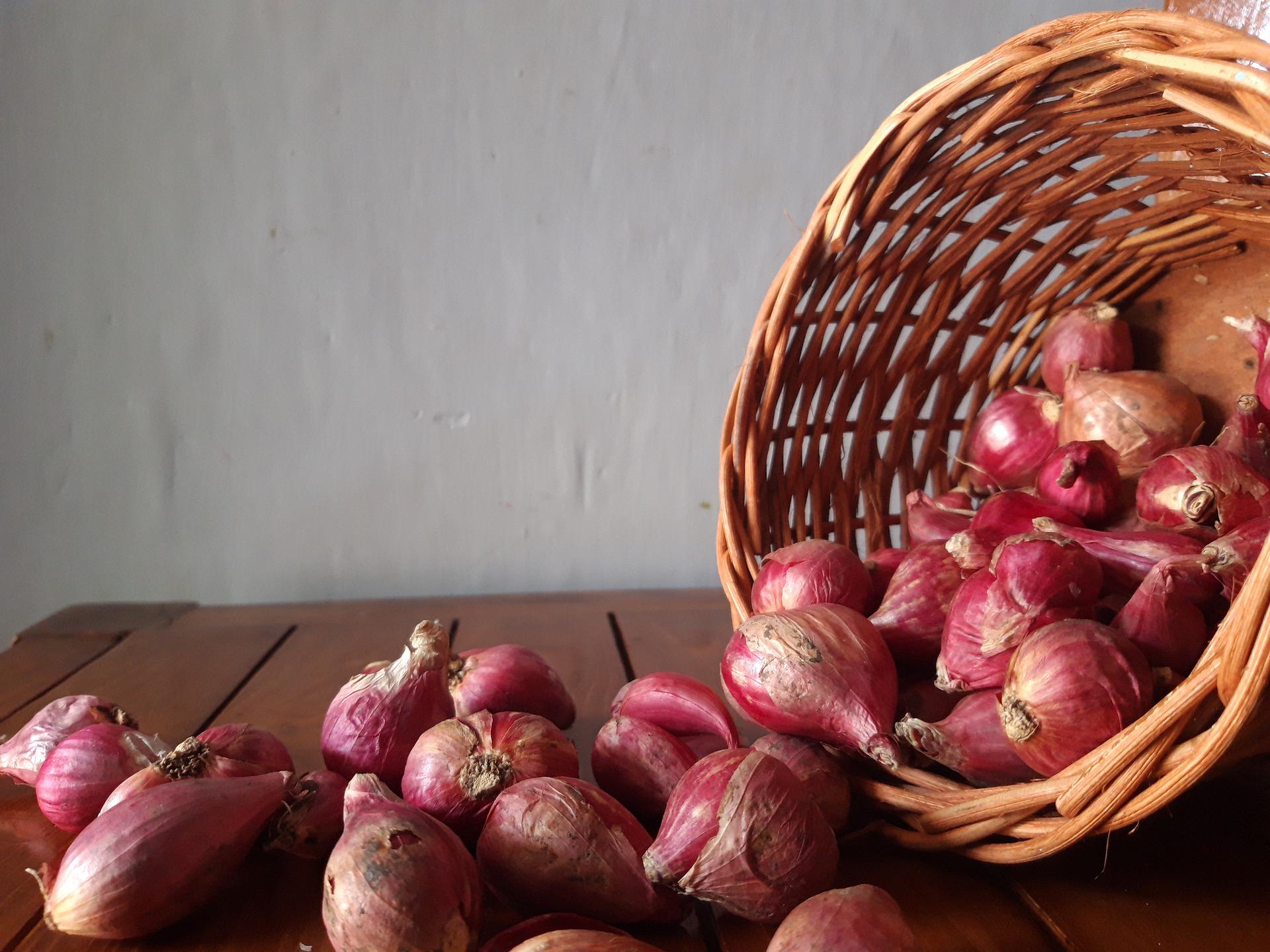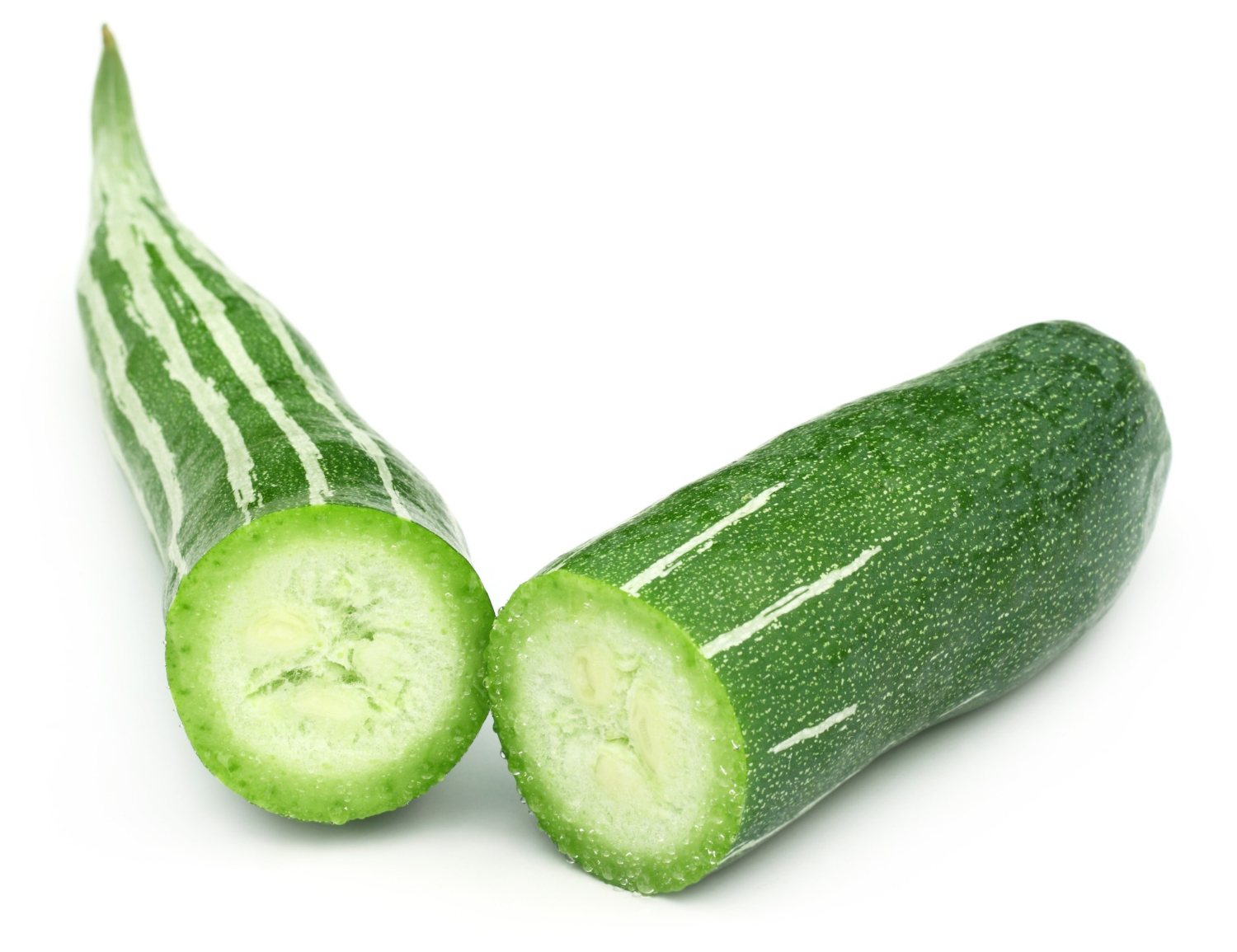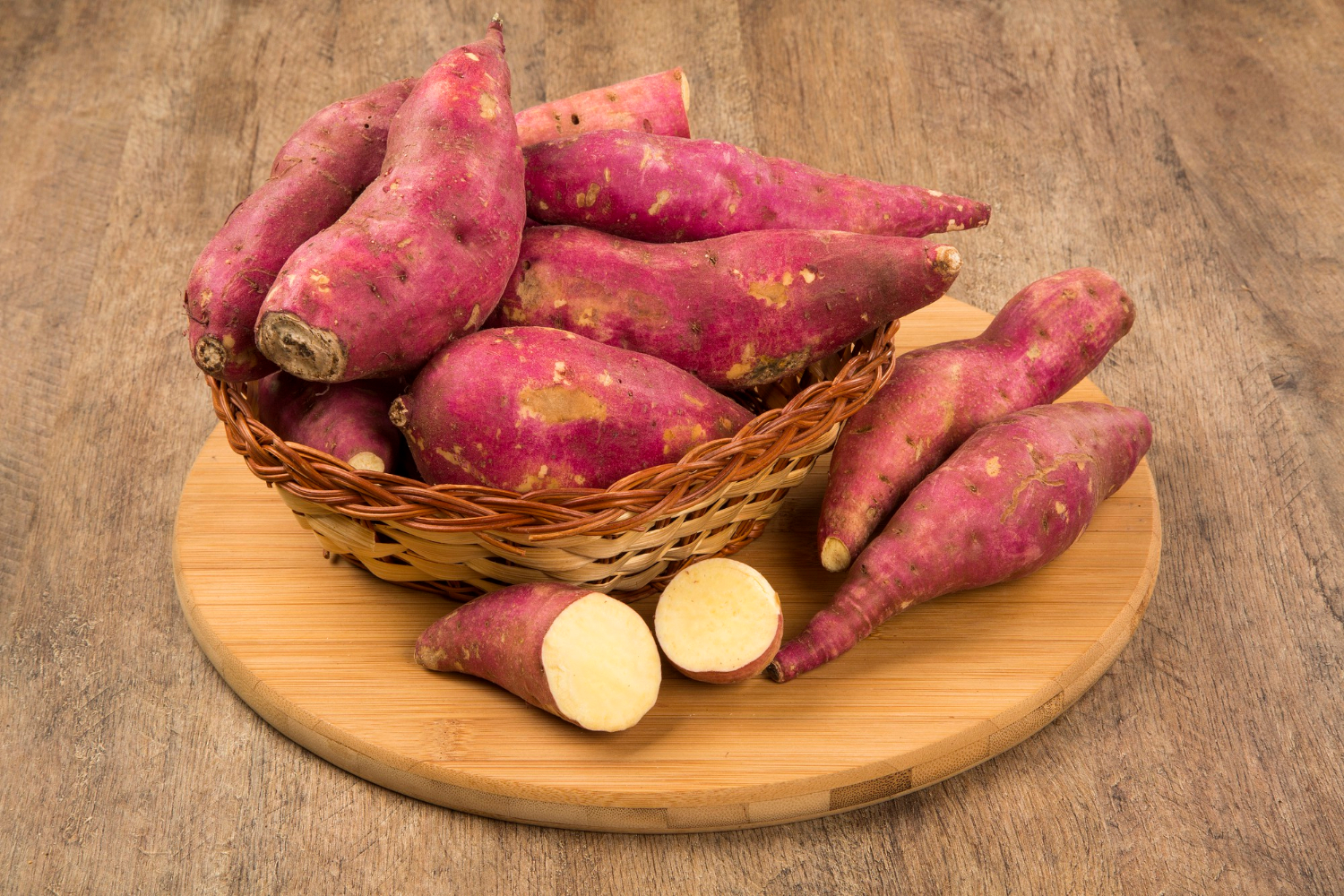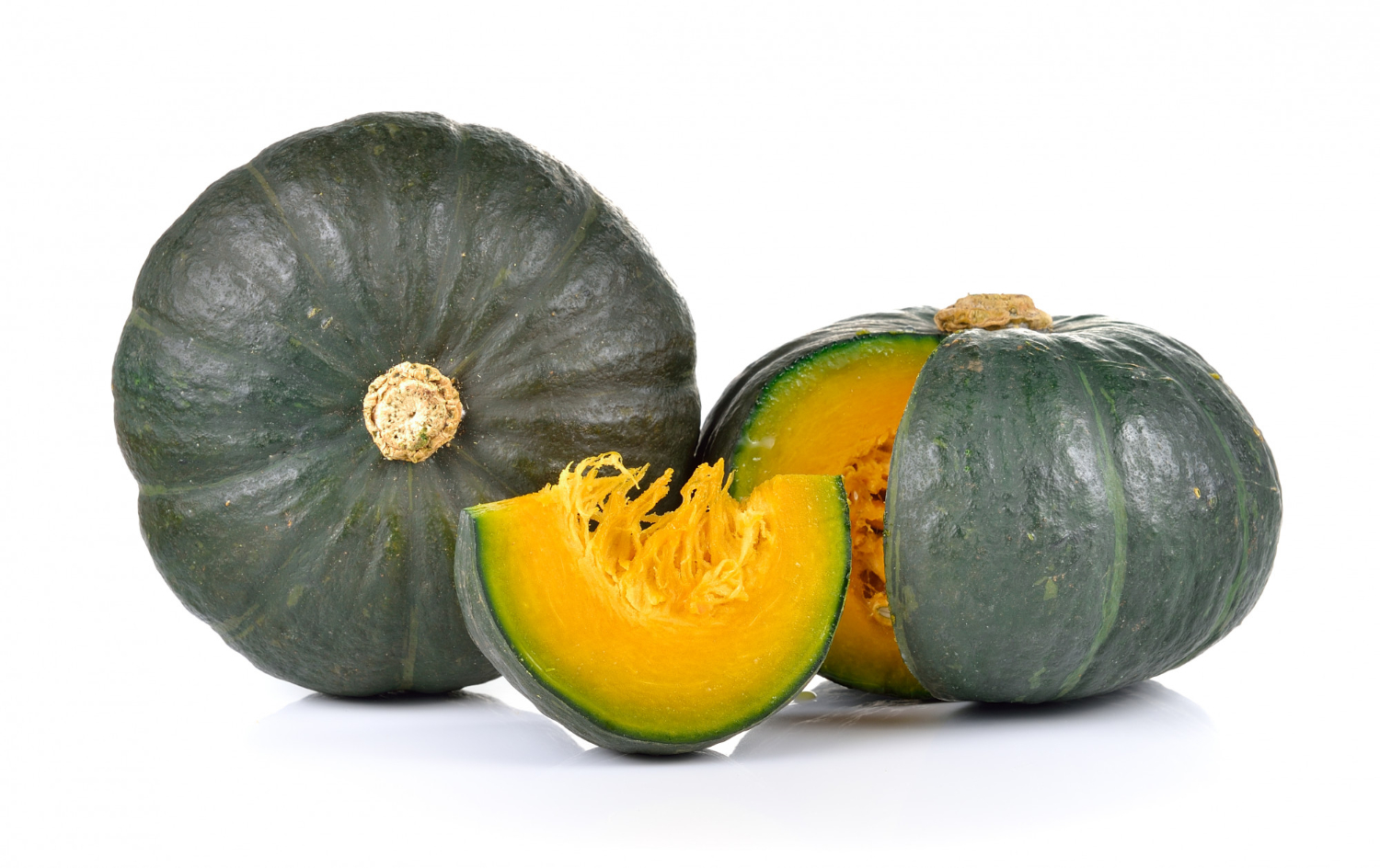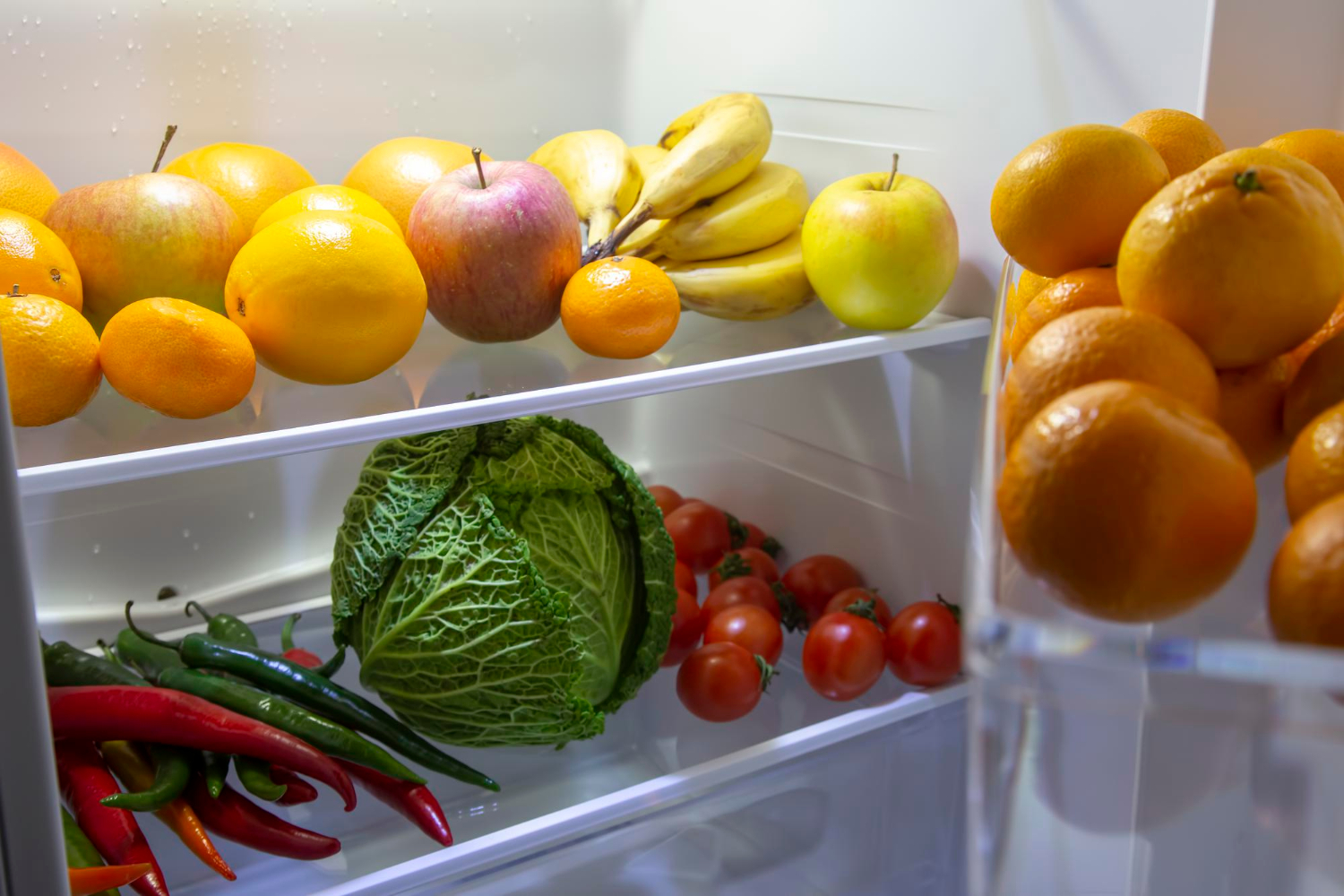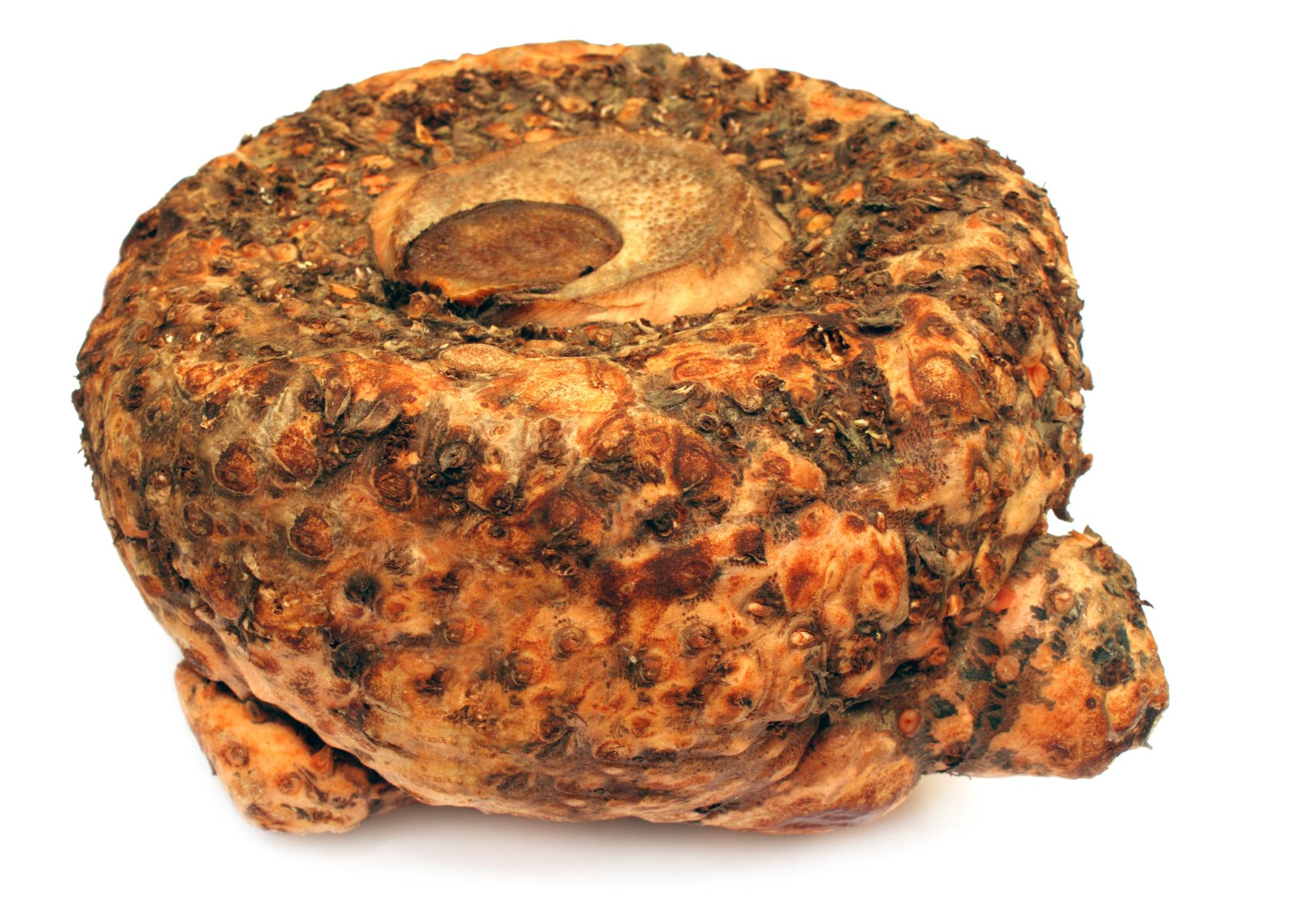I hope you enjoy reading this blog as much as I enjoyed writing it! Every week when I receive my package of fresh vegetables, fruits and greens from Farm Fresh Bangalore, I find tips & tricks to help me store them so they remain fresh for longer. I've compiled all the tips that have helped me in this blog and I'm thrilled to know that you're trying them too. I hope they help you!
1. Tomato
If the tomatoes are not ripe, then keep them at room temperature and let them ripe uniformly. After ripening, clean them wipe and seal them in a cloth bag or any other eco-friendly paper covers and store them in the fridge. It will last for a week.
2. Banana Flower
It's better to use fresh flowers. In case of storage, you must freeze the banana flowers as soon as possible to prevent the loss of nutrients. Remove them from the stalks and wrap each flower in a paper towel, then put them in a freezer bag and seal them.
3. Bitter Gourd
Bitter Gourd can be refrigerated for up to 4 days in a brown paper bag. It is essential to keep the vegetable dry and avoid moisture.
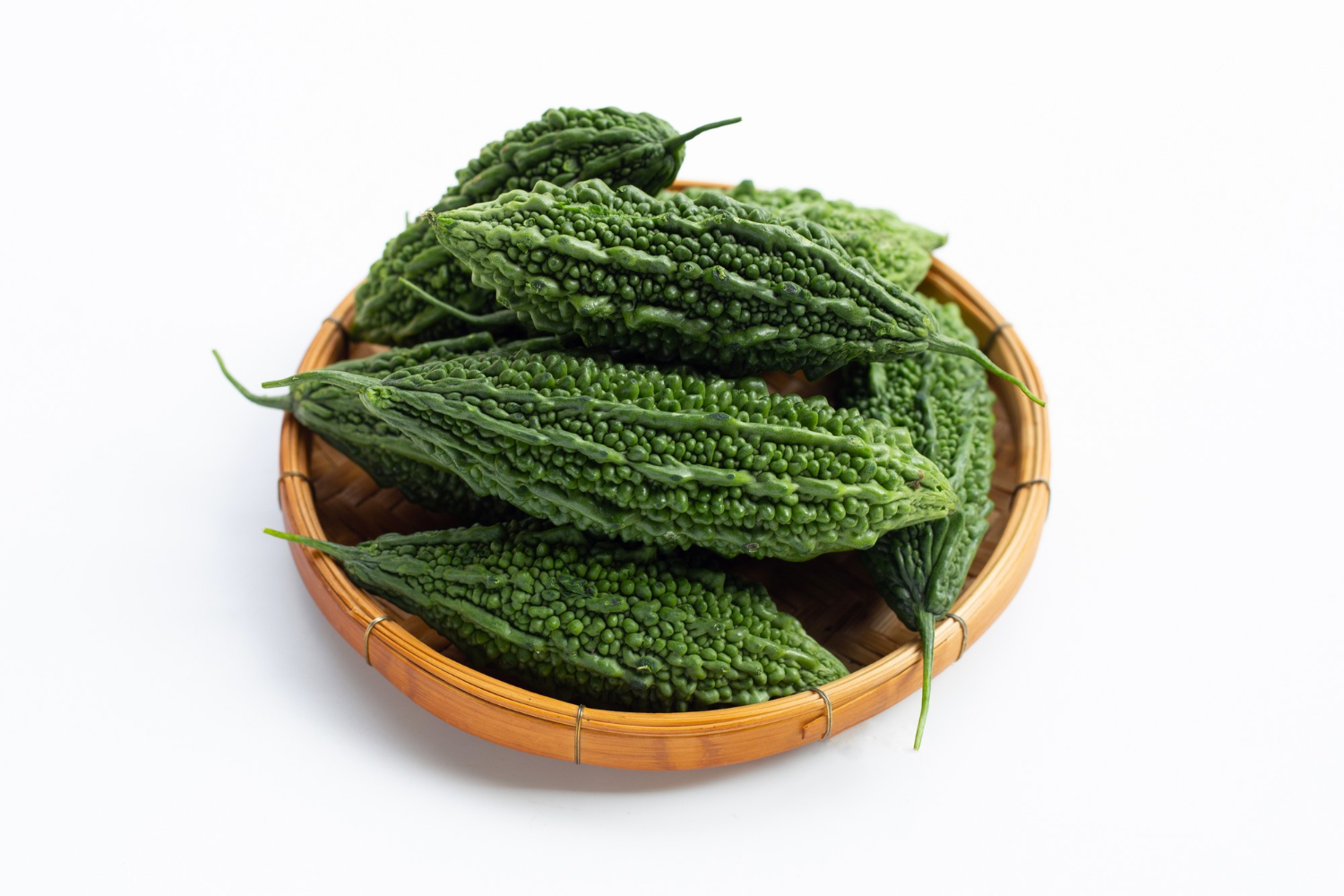 4. Bottle Gourd
4. Bottle Gourd
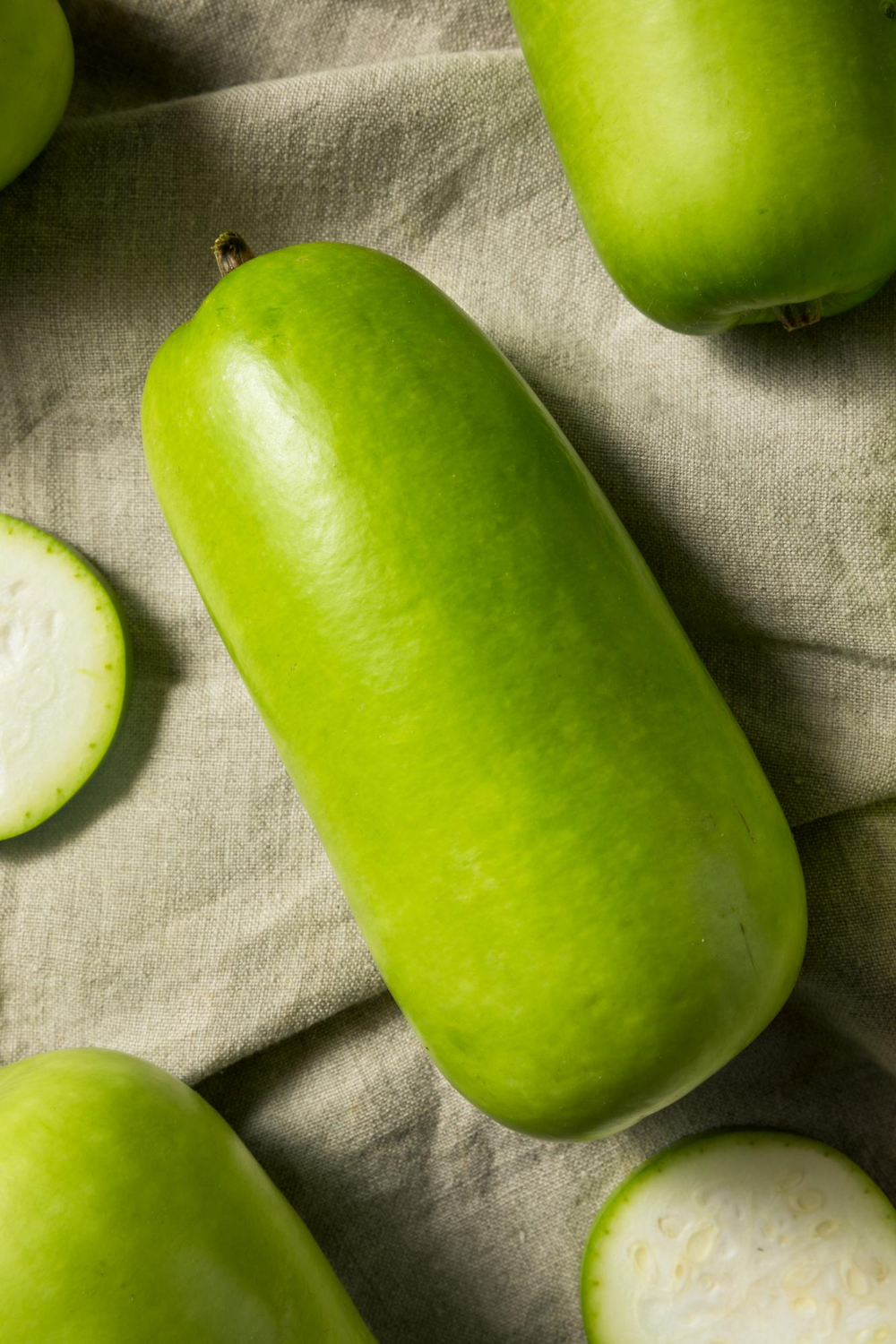
5. Capsicum
If you want to keep them for a longer time, then the capsicum should be stored while they are still fresh. If there is a need to store it, it should be kept in a small airtight plastic container or cloth bag. It will stay fresh for about a week or so in the fridge. After that, you will see some discolouration of the capsicum. It indicates spoilage. You should never store capsicum for more than two weeks. If you want to keep it for a more extended period, you should freeze it immediately after purchasing it and use it from there.
6. Carrot
Carrots will keep longer if kept cool, like in the fridge. If you do not have room in the refrigerator, store them in a cool and dry place. You must keep them out of the light because they can be damaged by exposure to sunlight. The best way to store carrots is by using a paper bag. It prevents them from absorbing moisture, light, and air. Wash carrots before storing them. They will keep better if they are not dirty. You should wrap them in a paper towel before putting them in the bag.
7. Green Chilli
Storing green chilli is straightforward. You just need to keep them in a dry, cool and shaded place. You can even keep them in the fridge. You can also keep them in an airtight container in the refrigerator. Green chillies can be stored for 3-4 days in a dry, cool, dark place. Remove the stalks and store them in an air-tight container. It will help extend the shelf life. To keep them for longer, store them in the fridge.
8. Cucumber
The best way to store cucumbers is to keep them in the refrigerator. However, there are some essential aspects to consider when maintaining cucumbers. First, the shelf life of cucumber is only 3-5 days. So you should eat up your cucumber as soon as possible. Secondly, the ideal temperature for storing cucumbers is 60 F. So try not to keep them at room temperature. This can cause the quality of cucumber to deteriorate quickly. The best way to go is to store them in the refrigerator.
9. Drumstick
Drumstick can be stored for almost a week, first, keep it in a refrigerator, then change its position and rotate it, and then keep it in a dry place.
10. Garlic
Storing garlic is easy. The best way to keep garlic is to place it in a dark, dry, cool area. The storage life of garlic is approximately three months to a year. It is vital to ensure that the garlic bulbs are dry when you store them. The bulbs will last long if the garlic is kept in a dry environment.
11. Knol Khol
Knol Khol can be stored in the refrigerator for up to 5 days. Be sure to keep it in an airtight container. You can freeze it for up to 3 months.
12. Ladies' Finger
Ladies finger is a tropical vegetable, it loves heat, warmth and sunshine. If you have to store ladies' fingers for more than a couple of days, you can place them in a perforated plastic bag and store them in the vegetable bin in the refrigerator. This will help keep the moisture in the vegetable and prevent it from drying out.
13. Lemon
Lemon is an acidic food, and germs can multiply very quickly in citrus fruits, so proper handling and storage are crucial. Lemon is best stored in the refrigerator. Lemon should be stored in the fridge to prevent mould. If you cannot store them in the refrigerator, keep them in a cool and dry area. Also, wrap them tightly in plastic wrap. This is to prevent air from coming into contact with the lemon and prevent them from drying out. When stored properly, they can stay fresh for 2-3 weeks. Another way is to store lemons in the freezer. If stored in the freezer, you can keep them for up to 6-8 months. This is good if you want to use them less frequently.
14. Little Gourd/ Ivy Gourd
Using the gourd within a week after buying or cutting is best. To store fresh ivy gourds, wrap them in a damp paper towel, and place them in the crisper drawer of your refrigerator. The paper towel will release any excess moisture that the gourds may give off.
15. Onion
Onions are best stored at room temperature in a cool, dark, dry place with good air circulation. This is because they are a dry, low moisture content food. Room temperature ensures that they never get too cold or too hot. Onions should be protected from direct sunlight and stored, so they do not touch one another. They are best stored in netted bags in a cool, dark, dry place. On the other hand, onions should not be stored with potatoes. This is because the ethylene gas emitted by the potatoes can cause the onions to sprout prematurely or have a bitter taste.
16. Potato
To store potatoes, always keep them in the dark, cool, dry place. Do not put them in the refrigerator. This will cause the potatoes to turn green.
17. Radish
Make sure to store your radishes in a cool, dry, and dark space. Do not store them in airtight containers, or they'll rot faster. It's best to keep them in refrigerated drawers or an area with good air circulation. Dark or red radishes will stay longer than white radishes for a few weeks.
18. Raw Banana/Plantain
Plantains don’t need to be stored if they are fresh and ripe. However, if you wish, keep them in a brown bag and place them in the refrigerator, they’ll last up to one week if they’re not already ripe.
19. Ridge Gourd
The best way to preserve the ridge gourd is to store it in a perforated paper/cloth bag or a Tupperware container. Any ridge gourd which should be stored has to be of good quality and should have a nice green colour, and the skin should be smooth. If the vegetable has some cracks in the skin, bumps or patches of discolouration, it is not a good one to store.
20. Sambar Onion
Sambar Onions will keep for six months if stored in cool, dry, dark and well-ventilated places. It can be held the same as Onions.
21. Snake Gourd
The best way to store it is in a cool, dry area with good ventilation. If you can get a fruit basket for air circulation, it's excellent for storing gourds.
22. Sweet Potato
To keep sweet potatoes fresh and moist, store them in a cool area (50-60 degrees Fahrenheit) and dark. A cupboard, basement or pantry is typically an excellent place to store sweet potatoes. Look for a site that is cool, dark and well-ventilated. You'll also want to ensure good airflow to keep the potatoes from getting too mushy. Keep the potatoes wrapped in a slightly damp towel. If you store sweet potatoes in a refrigerator, keep them covered, so they don't dry out.
23. Sweet Pumpkin
Whole pumpkins are easy to store. Keeping them at room temperature with good ventilation will stay fresh for up to 4 weeks. Once the pumpkin is cut, you must use it immediately or store it in the refrigerator. Removing the seeds and the flesh in them will help extend the cut pumpkin's shelf life.
24. Cabbage
Cabbage has a lot of water content in it. So it is better to store cabbage in a perforated plastic bag in the fridge, not the crisper. Cabbage should be stored so that air can get in and water can get out. This way cabbage will stay fresh for a few more days.
25. Yam Root
Storing Yam is easy; no refrigeration is needed, just store at room temperature, and it will last 3-4 weeks. Like Potatoes, they should be kept in a well-ventilated and dry place.
If you have read our post about how to store vegetables, you will know that we have discussed how important it is to keep your vegetables fresh. We hope you can use these tips on how to store vegetables. If you have any questions about any of the information that we have mentioned in our post, then please don’t hesitate to contact us at admin@farmfreshbangalore.com
Be Blessed!
Nalini Murthy
Next Steps
Organic Vegetables
Organic Fruits
Organic Greens
Organic Groceries
Monthly Packages

